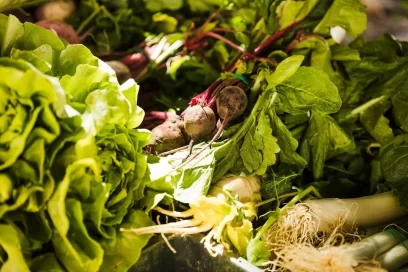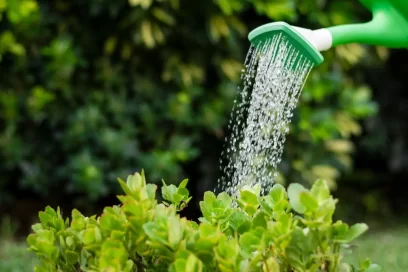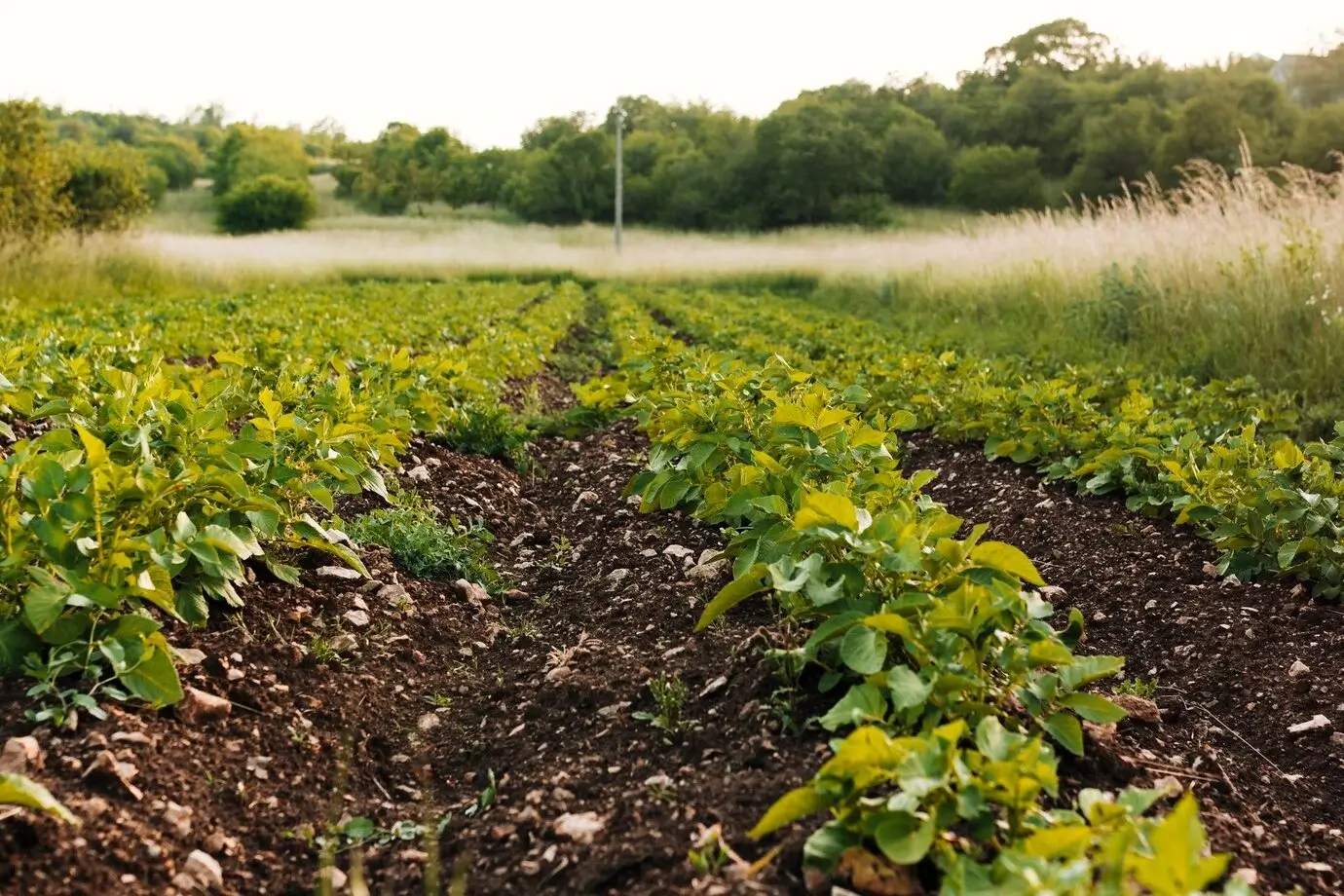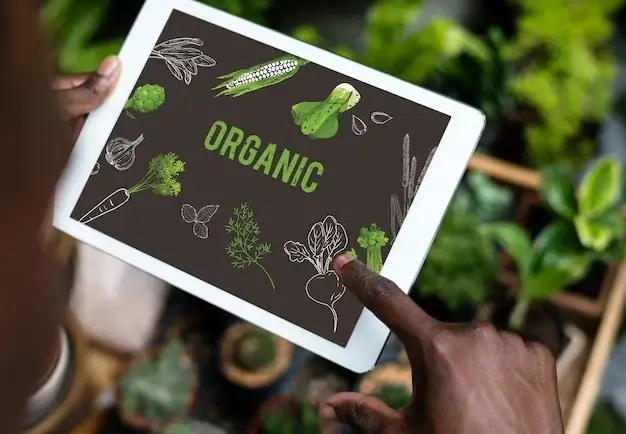In an era when environmental consciousness is paramount, the role of sustainability in agriculture cannot be overstated. Agrosahas International Private Limited is not just about crop yields; it’s about cultivating a greener, more sustainable future. In this blog, we delve into the core of Agrosahas’ practices, exploring the significance of sustainability and the profound impact it has on our environment.
The Crucial Role of Sustainability in Agriculture
Sustainability in agriculture is more than just a buzzword; it’s a vital component of ensuring the longevity of our planet and the well-being of future generations. At Agrosahas, we recognize the fundamental role sustainability plays in modern farming.
- Preservation of Resources: Sustainability is about conserving and preserving our precious natural resources. Agrosahas is committed to minimizing resource wastage, from water and soil to energy.
- Economic Viability: Sustainable practices are not just environmentally friendly; they also make economic sense. Agrosahas’ sustainable solutions are designed to improve long-term economic viability for farmers.
- Resilience in Agriculture: Sustainability enhances the resilience of agriculture in the face of climate change and other challenges. Agrosahas equips farmers with practices that enable them to adapt to changing conditions.

Agrosahas’ Sustainable Farming Practices
At Agrosahas, we’re dedicated to implementing sustainable farming practices that make a tangible difference. Our commitment to sustainability is evident in the following ways:
- Crop Diversity: Agrosahas promotes crop diversity, reducing the risk of crop failure and soil depletion. This practice not only safeguards the environment but also ensures food security.
- Efficient Irrigation: Water is a finite resource, and efficient irrigation practices are paramount. Agrosahas introduces farmers to advanced irrigation techniques that reduce water wastage.
- Organic Farming: Our emphasis on organic farming reduces the use of harmful chemicals and promotes healthier ecosystems. This, in turn, contributes to cleaner water and air.
- Soil Health Management: Healthy soil is the foundation of sustainable agriculture. Agrosahas provides farmers with the knowledge and tools to maintain fertile, nutrient-rich soil.
- Reduced Carbon Footprint: Agrosahas minimizes the carbon footprint through efficient transportation and distribution networks. We believe in reducing emissions while delivering quality produce.

The Positive Environmental Impact
The impact of Agrosahas’ commitment to sustainability extends beyond our practices and into the environment. Through our efforts, we’ve achieved:
- Improved Soil Quality: Agrosahas’ soil management practices have led to healthier soils, capable of sequestering carbon and reducing erosion.
- Water Conservation: Efficient irrigation practices have reduced water consumption while maintaining crop health.
- Enhanced Biodiversity: Our focus on crop diversity and organic farming supports biodiversity, creating ecosystems where beneficial insects and organisms thrive.
- Cleaner Environment: Reduced chemical usage in agriculture means cleaner water and air for all. Agrosahas contributes to a healthier environment.
Conclusion
In a world that demands environmental responsibility, Agrosahas International Private Limited is leading the way in sustainable farming practices. Sustainability is not just a goal; it’s a way of life for us. By fostering environmentally conscious practices, we’re not only ensuring a prosperous future for agriculture but also nurturing a greener planet for generations to come. Agrosahas is committed to the promise of sustainability because we understand that cultivating a greener future is everyone’s responsibility.




